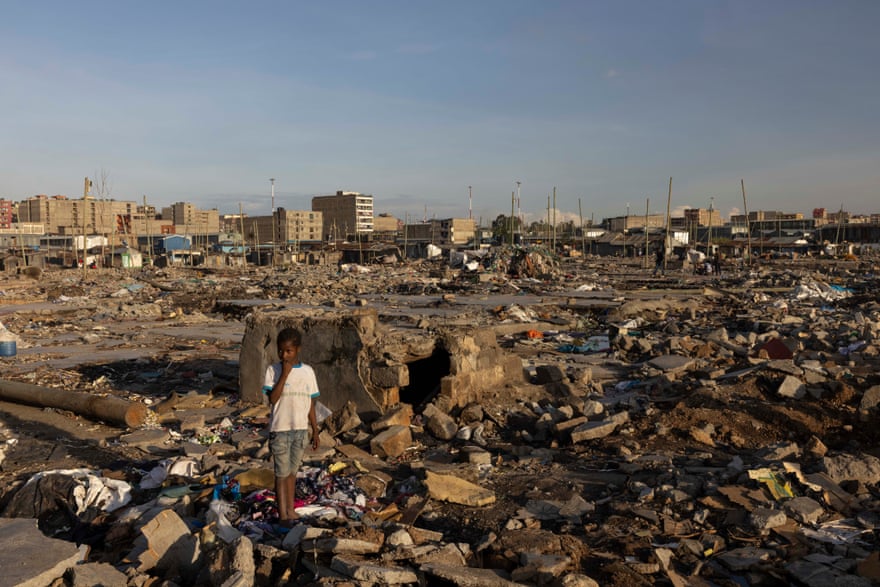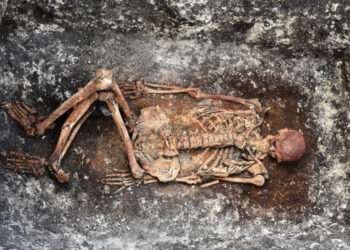A man who stole Holy Bibles from a supermarket has confessed to a Nairobi court that he wanted to preach the word of God instead of committing suicide.
Augustine Wanyonyi, who is 34 years old, pleaded guilty to stealing two Bibles valued at $18 before Milimani Chief Magistrate, Susan Shitubi.
According to reports, Wanyonyi told the court that it was better for him to steal the Bibles and know more about God than die by suicide since his house in Mukuru kwa Njenga slums had been demolished.
Wanyomi committed the offence on January 30, 2022 at Naivas Supermarket along Moi Avenue, per reports.
According to the facts sheet read in court by Prosecution Counsel, Alice Mathangani, Wanyonyi went to the supermarket at around 3: 20 pm, and stole “two Bible copies and hid them in his pants”.
Unknown to Wanyomi, he was captured by the supermarket’s CCTV footage and later arrested after he failed to pay for the same items at the teller counter.
The court held that Wanyomi is a serial Bible thief as he has a previous record of shoplifting. In December 2021, he was charged and released by another court after he pleaded for forgiveness, some reports indicated.
Wanyomi, explaining what incited him to steal the Bibles, said: “After I was released in my previous offence by the court, I found my house in Mukuru kwa Njenga had been demolished. I opted to steal in order to read the Bible instead of committing suicide to know more about God and preach his word to matatu passengers”.
When asked why he stole two Bibles, Wayomi disclosed that he stole two bibles because his wife also needed one. The magistrate ordered for his pre-sentencing report to be filed in court within 7 days before jailing him.
Homes Demolished Leave Natives in Poor Condition
Wanyomi can’t be entirely blamed for his poor living condition since he was part of the people whose homes were demolished in Nairobi. Last year, about 40,000 people were rendered homeless by demolition works for a major Chinese-backed toll road in Kenya’s capital, Nairobi.
Amnesty International Kenya noted at the time that it believes the roadworks created a humanitarian crisis, as schools, businesses and 13,000 homes spread across nearly 40 hectares of the Mukuru Kwa Njenga slum have been demolished since October, clearing land for a link to the Nairobi expressway.
According to the report, several people lost clothing and other personal belongings, and dozens of families were “sleeping in makeshift tents in the rubble amid open sewage, during the seasonal rains”. Some were left with no way of making money, while some didn’t eat in days, reports indicated.

Amnesty International also reported that at least one person died in a partially demolished building, with unconfirmed reports of children being injured in the chaos.
According to reports, the first round of demolitions in Mukuru Kwa Njenga were publicly announced on 8th October, 2021, and just three days after the announcement, the demolotion work stated. Heavy road-building machinery, some bearing government logos and flanked by Kenyan police, flattened homes and businesses along a 30-metre-wide strip of Catherine Ndereba Road, local media reported.
Per reports, in November,2021, buildings on a large area of an adjacent private land were also razed, with people living there disclosing that they had no warning.




















